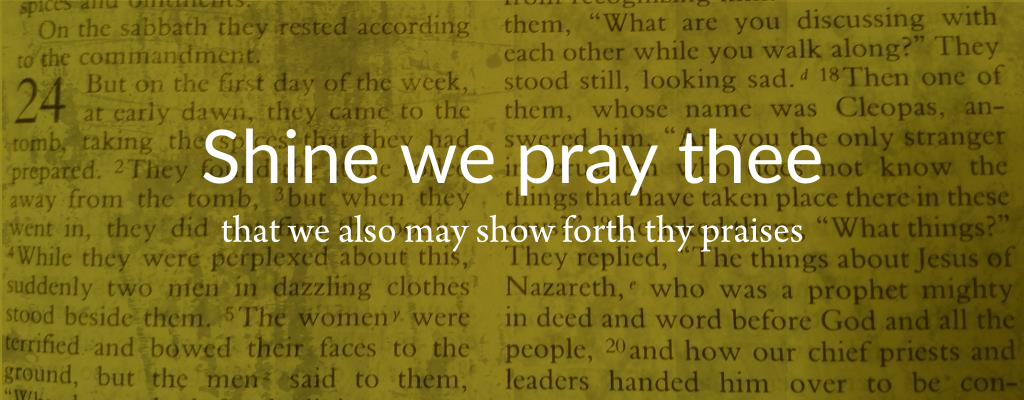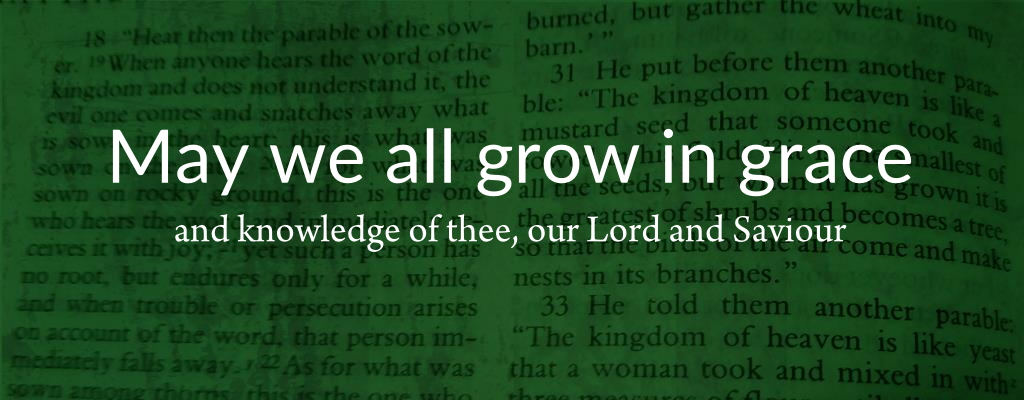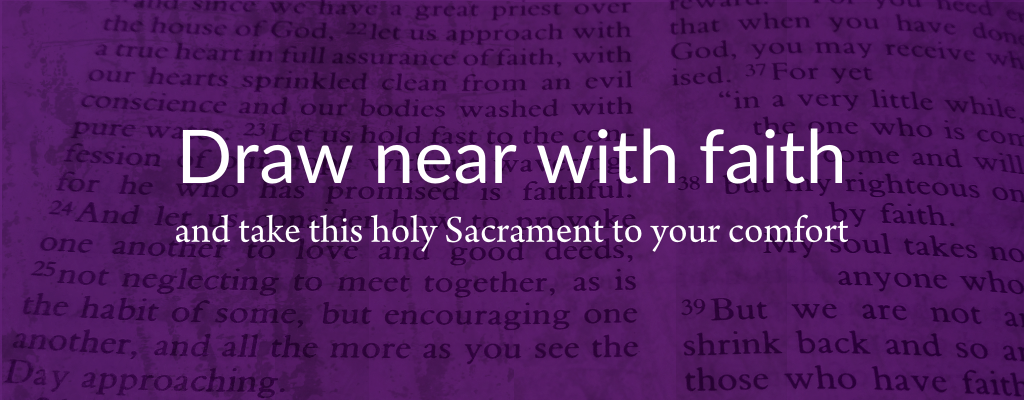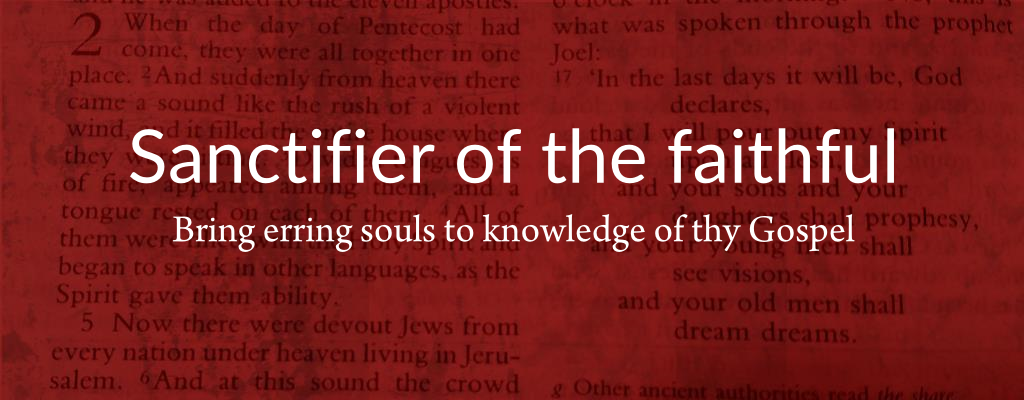News and Articles from the Prayer Book Society
-
In recent years if has become popular in an increasing number of parishes to omit the words of the general Confession and the recital of the Nicene Creed. While both are required in the rubric of the BCP, in the BAS they have become optional.
More on the general Confession another time. The focus of this blog is to encourage the use of the Creed in public worship.
As you will recall, following the Edict of Milan (313 AD) which extended religious freedom to all, including Christians, Emperor Constantine called for a general council of the Church in Nicaea (325 AD). With the defeat of Licinius, he had reunited the Roman Empire under his sole leadership. His intention now it seemed was to unite the Christians of his empire and put an end to the divisions fostered by the priest Arius and his bishop Alexander that was engulfing the church. (Arius taught that Jesus was created and therefore not fully God.) The Nicene Creed subsequently became the standard of faith for all Christians.
However, recently some have felt that rather than uniting the church the Creed is a source of disunity and even an obstacle to bringing others into the Church.
The argument, if I understand it correctly, goes something like this. Originally the Nicene Creed did not produce unity in the Church, and controversy continued in the Church for another generation or more. Further there was strong suggestion that the Creed was really a political compromise forced upon the Council by the Emperor who wanted a resolution to the problem. (In fact some later emperors actually favoured and promoted the Arian position.) A chief objection by some was the use of the word “homoousios” (“being of one substance with the Father”) which is not found in the Gospels.In recent times some feel that the Creed contains other objectionable elements not necessary to the life and ministry of the church. For example, some say that reference to the virgin birth or Christ’s resurrection and ascension are unnecessary elements to the message of love, inclusion, and forgiveness. To the modern mind the creed presents an unreal, even superstitious understanding of religion. And then there is the sexist language: “God, the Father . .”
Some seem to forgotten that the Creed was formulated from a series of baptismal statements of belief. Often these were questions addressed to the candidate for baptism to insure that they understood the basic tenets of the religion. If one does not accept these basic tenets; one is not a Christian. Without these fundamental elements of faith we are in danger of not knowing Who we worship.
Our God is a personal God who has revealed himself through divine action in the history of humanity. Through his actions we are able to apprehend his nature, character, and purpose for creation. We cannot divorce the God of history for humanistic or philosophical ideals no matter how highly laudable these values.
Life is messy, not pristine. God gets involved in the messiness of our human condition. And he does so in a manner that we can understand; through the incarnation. That is how He is going to effect our salvation, perfect our humanity, and grow us into the full stature of Christ.
Our God reveals himself in the nature course of human events so that we can know him. If we don’t know who God is, and how he acts in the human realm, then our values and ideals are in danger of shifting with society and popular preference. Without knowing the God of history we can never find our fulfillment in Christ.
Yes, we need to recite the Creed every Sunday because we need to remind ourselves of what God has done for us, and how his perfect love is revealed in Jesus Christ.





Leave a Comment